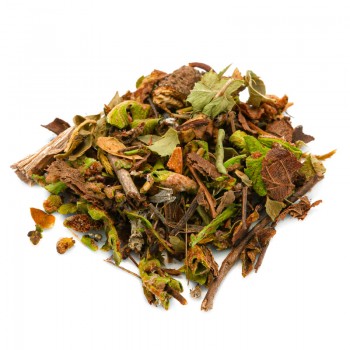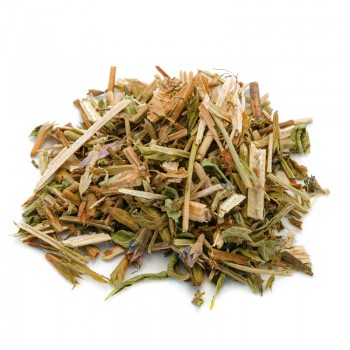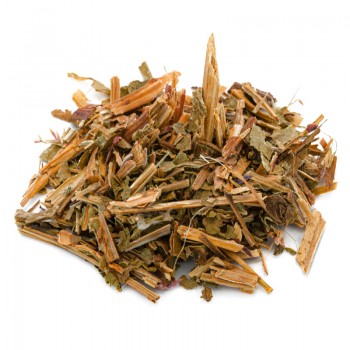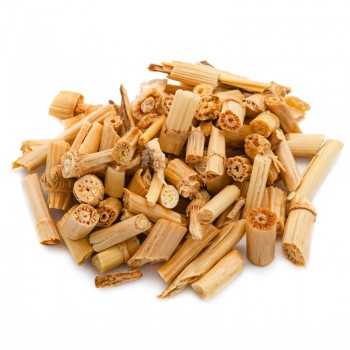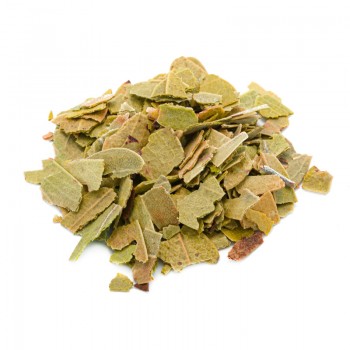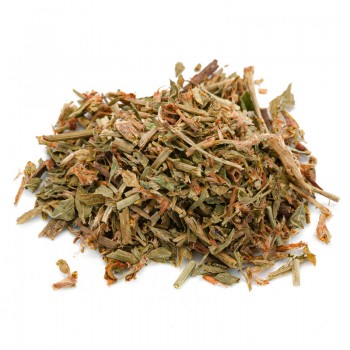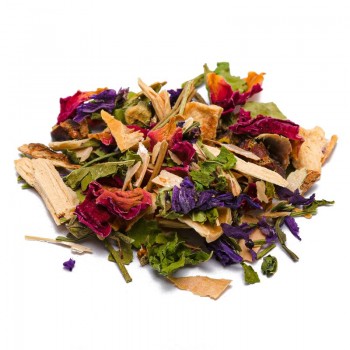Rosa canina is a plant that belongs to the Rosaceae family. Both the petals and the fruits of this plant are used. It grows as a shrub with thorny stems, serrated leaves and colorful flowers. The fruit is composed of several dried fruits, enclosed in a flower cup.
The genus Betula includes about 40 species of trees, in the Betulaceae family. Birches grow in the cold regions of the Northern Hemisphere, presenting a smooth and resinous bark, which usually flakes horizontally in thin sheets.
The plant Equisetum arvense is a perennial of the family Equisetaceae, part of the division Pteridophytes – that is, plants without flowers, fruits or seeds. It grows up to about 30 cm, is similar to the fern and spreads rapidly, with pointed stems and scaly leaves.
The restharrow with the botanical name Ononis spinosa, is a small thorny shrub of the Fabaceae family.
It is found in much of Europe, growing in dry meadows and pastures, along roadsides and on sandy soils. It displays scented flowers, mostly solitary. Mint or Mentha is a perennial plant of the Lamiaceae family. It is very widespread, showing different varieties, up to 24 species and all with similar herbal properties. Many hybrids of mint are renowned, mainly used for food.
The herniaria Herniaria glabra is a plant of the Caryophyllaceae family. It grows in North America and Europe, known for its hardiness. It can thrive in infertile soils, tolerating strong drops in temperature. It prefers a sunny environment. Goldenrod (Solidago virga-aurea) is a perennial plant of the Asteraceae or Compositae family. It is widespread in much of Europe, North Africa and Asia. It is cultivated as a garden flower, and blooms abundantly in late summer.
The nettle, or Urtica dioica, is a perennial plant of the Urticaceae family.
Originally from Europe, temperate Asia and North Africa, it is now widespread throughout the world. The leaves and stems are equipped with stinging hairs.
The lime tree is a tree belonging to the Malvaceae family and among the most common species it includes the Tilia cordata (small-leaved) and the
Tilia platyphyllos (large-leaved). The plant has a broad crown, heart-shaped and serrated leaves, light green in color. The scented flowers are yellow-cream and each inflorescence is associated with a thin, light green bract, which helps the seeds disperse with the wind. Blueberries come from the plant of the genus Vaccinium and part of the subgenus Oxycoccus. They are from dwarf evergreen shrubs, widespread in North America and Chile, in Europe and northern Asia. The wallflower plant is Sisymbrium officinale, belonging to the Brassicaceae / Cruciferae family. It is an annual plant that grows in uncultivated places and on the edges of roads. It has light to deep green stems, yellow flowers, and produces a capsule as a fruit.
How to use herbs in herbal tea
To obtain the infusion, pour about 3-5 grams of the herbal mixture into a cup (250 ml), with water at a temperature of 100 °C.
Leave to infuse for 8 to 10 minutes, and filter before drinking the herbal tea. Add honey or sugar, according to your taste.
Can the herbal blend, based on bearberry, have side effects and contraindications?
This blend does not have any particular contraindications, if used according to the instructions for use and the recommended doses. It is not recommended to take the herbal tea for prolonged periods, excessive use could cause gastrointestinal disorders.
It is not recommended in case of hypersensitivity or known allergy to one or more ingredients. The blend is not recommended for pregnant women and during breastfeeding.

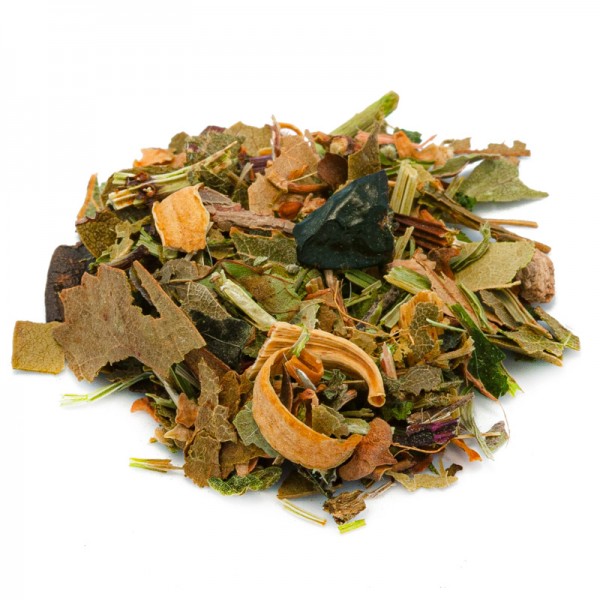









 No reward points for this product.
No reward points for this product.
